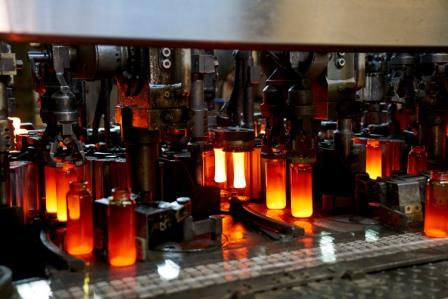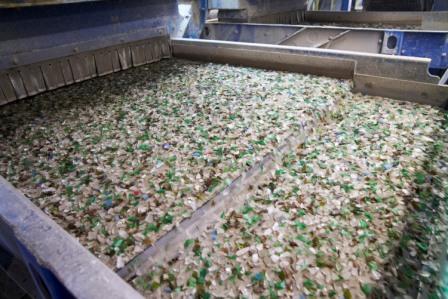Recycling of glass

Address
Vetropack Nemšová, s.r.o.Železničná 207/9
914 41 Nemšová
IČO: 35 832 517
https://www.vetropack.sk/sk/
Contact person
Zuzana Hudecová+421 32 6557 111
zuzana.hudecova@vetropack.com
View profile
Description
Since 1902, Nemšová has been operating a glassworks, which nowadays produces daily more than 2 million pieces of new products, accounting for more than 150,000 tons of glass a year, of which the proportion of recycled cullet is 60%. The aim of a circular economy is to repeatedly re-integrate into production recycled glass products after after the end of their life cycle of the individual product into production. This is done to the full extent at the Nemšová. Glass is a natural material, 100% and endlessly recyclable. Recycled glass repeatedly produces socially desirable goods - a packaging material that is hygienic and environmentally friendly, with unchanged useful chemical and physical properties. It is always the first choice for consumers who place an emphasis on the environment and their health.
Economic benefits
Reprocessing used glass fundamentally improves the balance of glass production and contributes to environmental protection. Treated glass from public collections is an important raw material for the production of glass in the glassworks. Up to 70 % of used glass can be used for the production of clear and brown glass and up to 100 % for the production of new green glass.
Environmental benefits
The quality of the sorted glass and its treatment is crucial. Melting used glass consumes less energy than melting virgin raw materials. The higher the proportion of shards used, the higher the energy-saving effect: for every 10% of shards used, almost 3% of energy is saved and CO2 emissions are reduced by 17%. Recycling glass in Nemšová saves basic raw materials such as silica sand, soda ash and limestone, from which glass is made. The use of container glass recycling not only reduces the consumption of glass raw materials, but also the logistics costs of raw materials, saves fuel, energy and reduces the production of emissions when melting glass. It also prolongs the life of the melting units, reduces the mechanical sputtering of fine-grained powdered glass raw materials during handling and processing, thus improving the environment. The carbon footprint of glass packaging is also decisively positively influenced by innovative technologies, e.g. the production of lightweight glass, better use of waste heat from the production process as a source of district heat for heating surrounding buildings.





